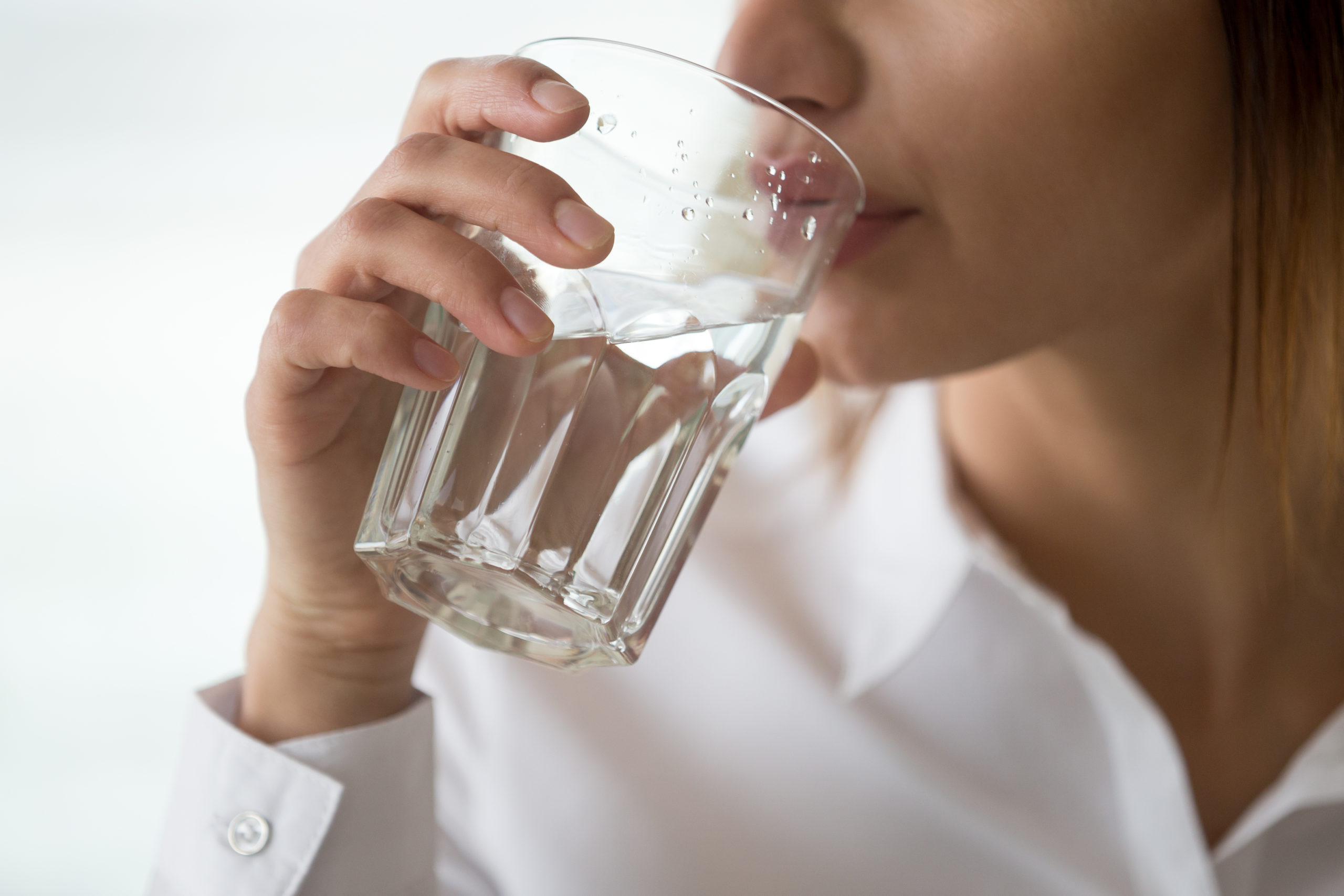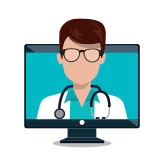
It can seem like there’s no end to the benefits of drinking water and keeping yourself hydrated. However, it’s common to run into some myths and misconceptions about staying hydrated, so it’s important to have the right information to keep your body healthy. Here’s what to know about the common myths of drinking water.
You Need Eight Glasses Per Day
Bottled water companies have long made audiences believe that they need to consume eight glasses of water a day to remain hydrated. However, the Institute of Medicine recommends drinking eight glasses of fluid a day. Fluid can include coffee, tea, and fruit juices– and keep in mind that you’ll also naturally get fluids from the foods you eat. Moreover, if you aren’t thirsty, there’s no need to force yourself to drink fluids. You should drink water, but not to this commonly-touted degree.
There’s No Such Thing As Drinking Too Much Water
Overhydrating isn’t a myth, and it can be incredibly dangerous. While it’s possible to consume too much H2O, it’s rather rare. Drinking too much water can lead to hyponatremia, which is a condition characterized by dizziness, fatigue, lethargy, and insufficient urine production. In essence, it’s possible to drown your body and cells by consuming too much water without also supplying enough electrolytes. Although you’ll need to consume a lot of water to reach this point, it’s important to know that you can harm yourself by drinking too much!
Coffee Leads To Dehydration
Though caffeine can trigger dehydration, a little java or tea won’t disrupt your hydration levels. However, it’s important to note that moderation is key. If you overdo it on coffee, dehydration will quickly set in. Doctors suggest drinking no more than five cups of coffee per day. Otherwise, your body won’t receive enough water, so make sure to match your coffee with some water (this is better for your teeth, as well!)
People Who Exercise Need Sports Drinks
Unless you’re engaging in intense physical activity for over an hour, it’s not necessary to fill up on electrolyte-rich beverages. Professional athletes are often seen consuming these drinks, which is likely because their glycogen reserves take a hit after one hour of rigorous activity. Most people who exercise don’t reach these levels of intensity, so sports drinks can often be needless sugar. If you’d like to opt for a healthier alternative, consider making your own energy drinks or simply incorporating some salt into your post-workout diet to replenish electrolytes.
Clear Urine Means You’re Hydrated
Contrary to popular belief, clear urine isn’t indicative of optimal hydration. Lawrence Armstrong, an exercise physiologist, maintains that pale yellow pee is what we should strive for. He also urges individuals to account for their diet. After all, certain supplements and foods can alter the color of your urine, meaning you may take in unnecessary water even if you’re already perfectly hydrated.
Dehydration Isn’t Always Dangerous
People who are dehydrated typically require medical attention so that they can be properly brought back to a state of hydration. Some of the more serious complications of dehydration can include swelling of the brain, seizures, and kidney failure. With that said, dehydration is far more than yearning for a glass of water– it’s often the result of a total lack of fluids from your diet for different reasons and for an extended period of time.
Being Thirsty Means You’re Dehydrated
Many equate being thirsty with being on the verge of dehydration. In fact, being thirsty is totally normal and is a good sign that your body is working as it should. If you’re consistently thirsty, then sip some water, check your urine, and see a medical professional if your body tells you something is wrong.
Schedule an Appointment
Being dehydrated is a serious issue, so it’s important to meet with a medical professional. To meet with our team and learn more about how to keep your body healthy and hydrated, contact our Cascade office by calling or filling out our online form.



